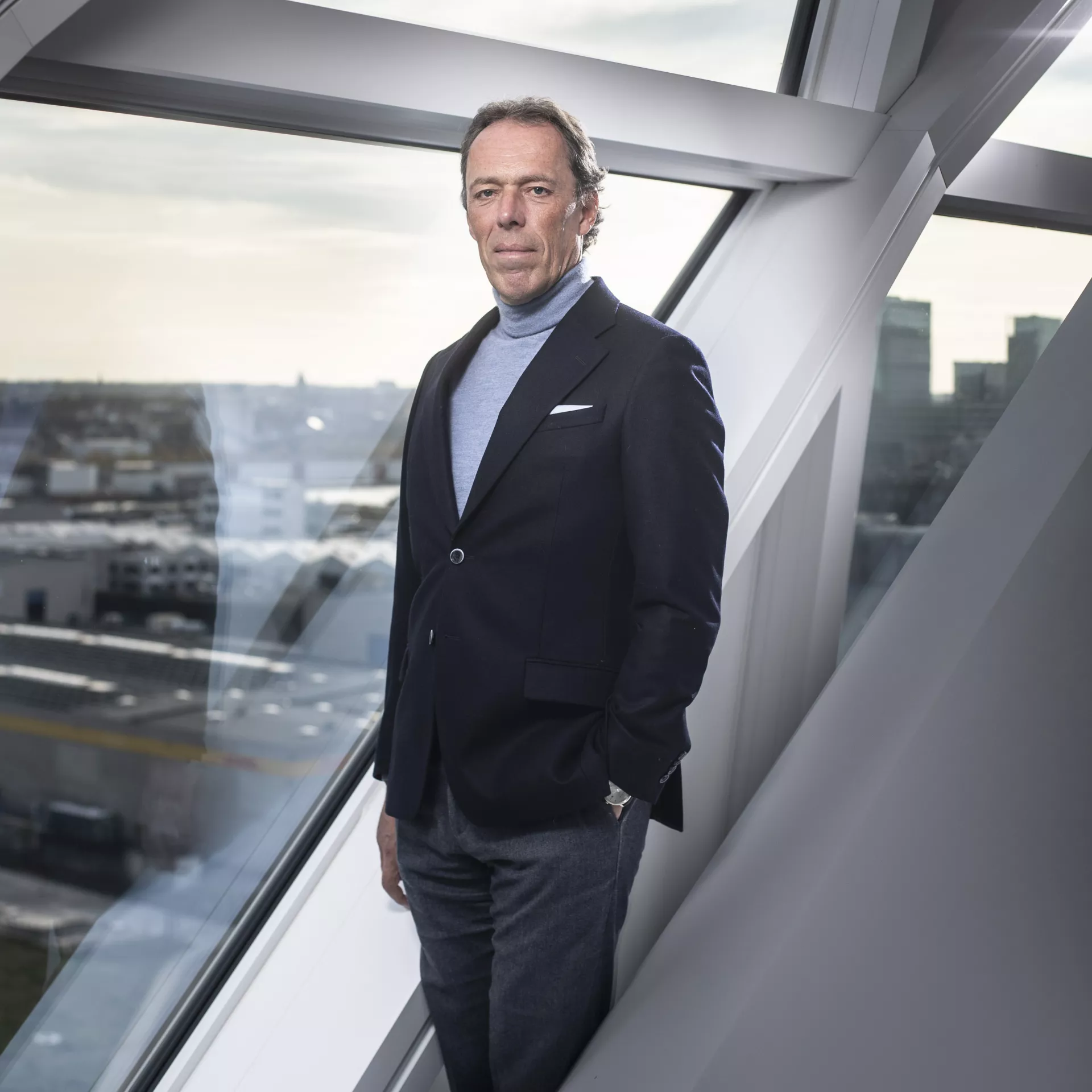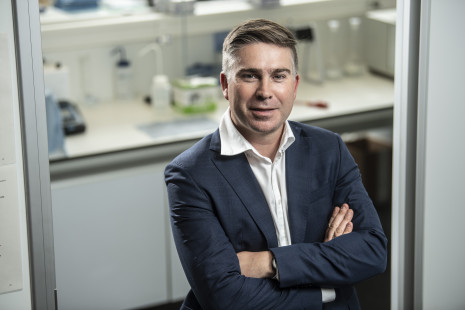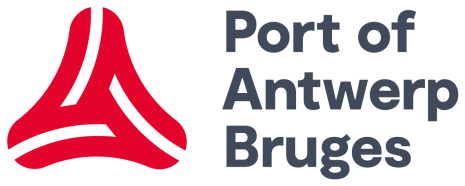Jacques Vandermeiren
CEO Port of Antwerp-Bruges
We would like to become the first in the world port to reconcile the needs of economics, climate, people and the environment.
© Marco Mertens

Jacques Vandermeiren - Port of Antwerp-Bruges
With more than 300 scheduled services and 800 destinations, Port of Antwerp-Bruges is the second largest European port and a truly international operation. CEO Jacques Vandermeiren shares his insights about the Port of Antwerp-Bruges current developments and plans for the future.
What are the key factors in the success of Port of Antwerp-Bruges?
"Port of Antwerp-Bruges is an important lifeline not just for the Belgian economy, but for global trade. With its numerous international connections, focus on sustainable growth and global network of representatives, our Port is at the heart of international trade. Moreover, through our subsidiary Port of Antwerp-Bruges International, we offer other ports and terminals multifaceted support, including consultancy, management solutions and investment projects. Antwerp is also home to our maritime training centre APEC, which offers training to professionals from all over the world."
What challenges does the Port of Antwerp-Bruges face to remain a leading international seaport?
"The last few years have been challenging for every port and company. Just think of the Covid crisis, congestion, geopolitical tensions, the energy crisis, inflation. We live in a volatile world where, more than ever, you need to be agile, resilient and flexible. In looking for answers to all the complex problems, you need to work laterally. Transparency and partnerships are of great importance. If you’re able to provide that, you’ll find yourself in a stronger position."
What is something Port of Antwerp-Bruges is proud of?
"As Port of Antwerp-Bruges we fully invest in modernising our infrastructure ourselves. Examples include new quay walls or the NextGen District, which is known as our circular economy hotspot. Together with our companies, we’re working towards becoming climate neutral. On top of that, we’re getting everything ready to receive and transfer hydrogen carriers to the hinterland. We’d like to become the first world port to reconcile the needs of economics, climate, people and the environment."
What added value does Antwerp, as a port city, bring to the table compared to other world ports?
"In the European context, no other port is as central as Port of Antwerp-Bruges. We have the fastest and most efficient connection to continental Europe. The port is also the most ecological solution. Two-thirds of the European consumer market is within a radius of 500 kilometres from Port of Antwerp-Bruges. In the last 20 years, the volume of goods, loaded and unloaded, has more than doubled to 290 million tonnes. We are home to 1,400 companies, including Europe’s biggest integrated chemical cluster. Both directly and indirectly, we create a total of 164,000 jobs, as well as pumping added value of €21 billion into the economy, which is equivalent to 4.5 per cent of Belgium’s GDP."
What do international entrepreneurs and investors need to know when wanting to do business in Antwerp?
"In Antwerp, international companies are welcomed by our dedicated team. They take care of all the necessary permits, taxation and other administrative procedures. We co-operate with Flanders Investment and Trade (FIT), customs, the Federal Agency for the Safety of the Food Chain (FAVV), VLAIO for the grants and others. The role we play as the single point of contact is very convenient for corporates, and it’s a free service. Trade facilitation is very much part of our culture and services. Ports in other countries don’t have the same approach. Many international guests are surprised by our pragmatic way of working and doing business here in Belgium. We really do have a Can Do-Will Do mentality. If there’s a problem, we will look for a solution."



